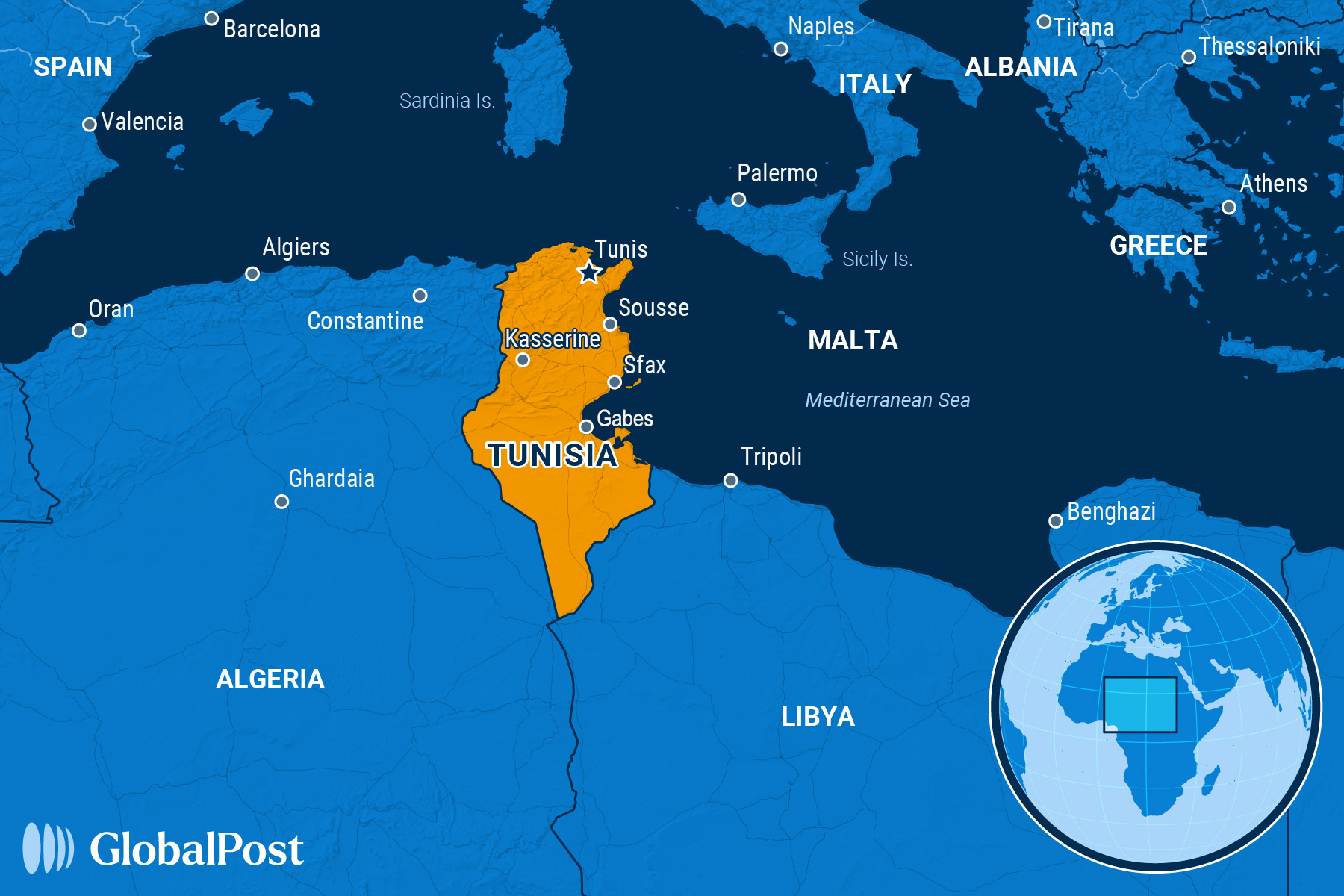Tunisians Protest Toxic Pollution in the Country’s South

Hundreds of Tunisians protested in the Tunisian capital over the weekend, the latest demonstrations over toxic pollution from a state-run phosphate plant that observers say mark the biggest challenge to President Kais Saied since he seized power in 2021, Reuters reported.
On Saturday, demonstrators marched in Tunis over the pollution in the southern city of Gabes, where residents blame a state chemical complex for a surge in respiratory illnesses, cancers, and gas poisonings.
The weekend protests follow demonstrations in Gabes that began earlier this month after online videos showed children seemingly having breathing problems caused by the toxic fumes from the plant, which converts phosphates into phosphoric acid and fertilizers.
Health officials and non-governmental organizations warned that more than 200 people were hospitalized this month for respiratory issues and gas poisoning.
On Tuesday, a general strike shut down business and public services in the city of 400,000 people, added Agence France-Presse.
In response, authorities have arrested dozens for participating in the unrest, accusing protesters of violence and vandalism.
Even so, Saied has described the situation in Gabes as an “environmental assassination” and blamed the policies of previous governments.
His administration is pushing for repairs to stop leaks and address pollution, including building a cancer hospital in Gabes. But critics and protesters have demanded the plant’s closure and the relocation of heavy industry away from residential areas.
The Gabes facility, operated by Tunisia’s state chemical group since 1972, releases industrial waste containing radioactive phosphogypsum into the air and into the Mediterranean Sea, according to researchers and environmental groups.
Local fishermen have reported a sharp decline in fish stocks, while residents say the pollution has rendered parts of the coastline uninhabitable.
Despite promises in 2017 to phase out the Gabes complex, the government instead ramped up production to take advantage of rising fertilizer prices worldwide.
Saied has called phosphate a “pillar of the national economy,” with officials planning to boost national production from less than three million tons to more than 14 million by 2030.

Subscribe today and GlobalPost will be in your inbox the next weekday morning
Join us today and pay only $46 for an annual subscription, or less than $4 a month for our unique insights into crucial developments on the world stage. It’s by far the best investment you can make to expand your knowledge of the world.
And you get a free two-week trial with no obligation to continue.
